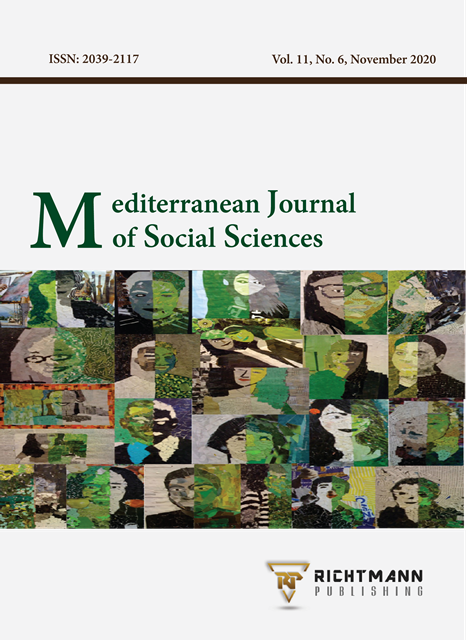Modelling Technological Progress Evaluation: Case of Lithuanian Manufacturing Industry
DOI:
https://doi.org/10.36941/mjss-2020-0058Abstract
The goal for this research is to build a framework for analysis of technological spillover effect between sectors in Lithuanian manufacturing industry and assess whether predictors of the created model closely follow dynamic fluctuations of technological progress assessed values. Analysis of academic literature suggested using Granger causality test and vector autoregression (VAR) model to analyze intersectoral technological progress spillover effect in any manufacturing industry. Granger causality test can suggest a potential relationship between technological progress values of particular sectors in manufacturing industry while VAR model can define the exact form and extent of spillover effect. VAR models identify presence of intersectoral technological spillover effect in case of 15 out of 18 sectors in Lithuanian manufacturing industry. In case of a few sectors error terms of VAR models are not stationary suggesting that additional exogenous variables need to be included to increase accuracy of estimated coefficients before these models can be used in further analysis. After minor changes presented VAR models can be used for sensitivity analysis analyzing how changes in different sectoral level parameters affect economic development of manufacturing industry as a whole.
Downloads
Downloads
Published
Issue
Section
License
This work is licensed under a Creative Commons Attribution-NonCommercial 4.0 International License.











